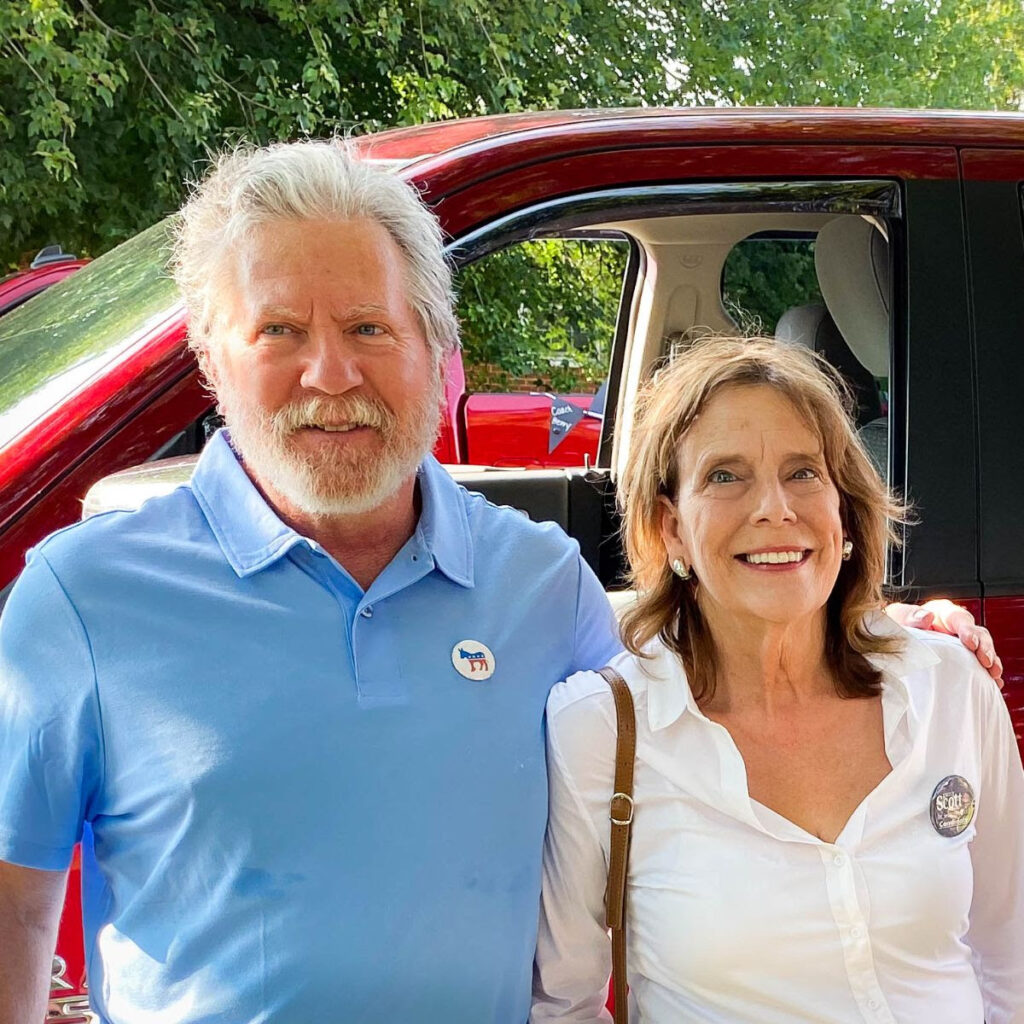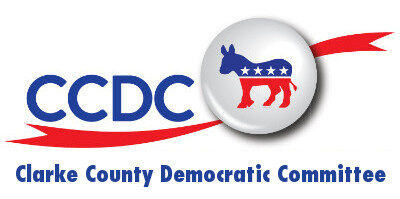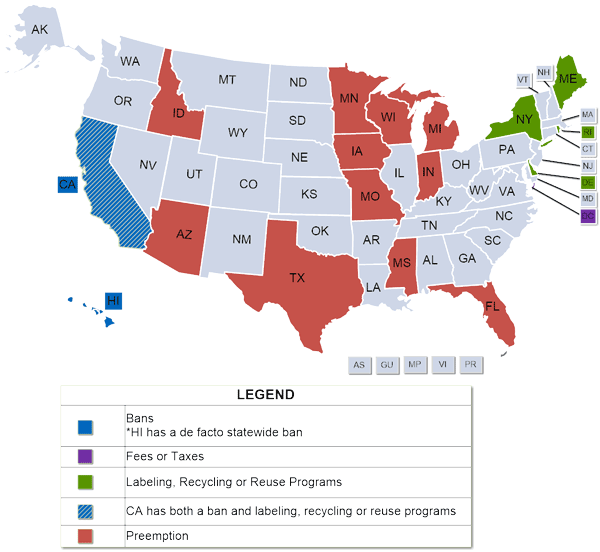Time to Impeach Justice Thomas
WHEREAS Virginia has been rated the worst state for worker rights two years in a row by Oxfam; and
WHEREAS income inequality has been increasing dramatically in Virginia and nationwide; and
WHEREAS “right to work” makes it harder for workers to join together to improve their pay and working conditions; and
WHEREAS Dr. Martin Luther King Jr. said, “In our glorious fight for civil rights, we must guard against being fooled by false slogans, such as ‘right to work.’ It is a law to rob us of our civil rights and job rights. Its purpose is to destroy labor unions and the freedom of collective bargaining by which unions have improved wages and working conditions of everyone;” and
WHEREAS unions raise wages of unionized workers by roughly 20% and increase total compensation including benefits such as paid sick leave and paid family and medical leave, by about 28% while reducing the gender and racial pay gap; and
WHEREAS in “right to work” states, annual wages are $1,558 less on average than in
non “right to work” states, with lower health benefits and pensions and less safety on the job; and
WHEREAS the so-called “right to work” law does not give anyone the right to a job, but instead, in effect, reduces wages, health care, retirement security, and on-the-job safety for all workers; and
WHEREAS repealing the “right to work” from the Virginia Code would allow Virginia workers to organize for better working conditions and family-sustaining wages; and
WHEREAS one of the core values of the Democratic Party is to support worker rights, particularly the right to join and form unions;
WHEREAS repeal of the anti-worker “right to work” law is the best way to send the message that Democrats support economic justice for working people;
Therefore BE IT RESOLVED that: The Clarke County Democratic Committee asks the VA General Assembly to repeal the misnamed so-called “right to work” law in the 2020 legislative session.
Sources: https://policy-practice.oxfamamerica.org/work/poverty-in-the-us/best-states-to-work https://www.npr.org/2019/09/26/764654623/u-s-income-inequality-worsens-widening-to-a-new- gap
https://www.afscme.org/now/the-racist-roots-of-right-to-work https://www.epi.org/blog/unions-help-narrow-the-gender-wage-gap/ https://www.epi.org/publication/martin_luther_king_on_right_to_work/ https://thinkprogress.org/how-union-membership-benefits-african-american-and-latino-workers- 440ce0b8215a
Adopted on February 4, 2020 by the Clarke County Democratic Committee.
The Green Team successfully canvassed local restaurants and quick marts, asking them to join our opt out of plastic straws project.
Thank you Laura Bernstein and Candy Means for volunteering to walk Berryville’s Main street and a couple locations in Boyce to get the word out while also distributing our information flyer.
We learned that Boyd’s Nest restaurant has just switched from single-use plastics to compostable utensils and paper straws! That’s terrific.
The European Union will ban single use plastic within two years (by 2021). Single-use plastics include plastic straws, cup lids, plates, coffee stirrers, food containers, cutlery, and swab sticks. Such throw-away items not only fill landfills but end up in the world’s oceans, threatening marine life and breaking down into micro-plastics which is now entering the food-chain.
These plastic products are not recyclable and not biodegradable. Around the world, some of them end up in streams that flow into rivers and eventually the ocean.
According to the New York Times, “EU countries can choose their own methods of reducing the use of other single-use plastics such as takeout containers and cups for beverages. They will also have to collect and recycle at least 90 percent of beverage bottles by 2029.”
In the United States one study estimates that 500 million straws are used every single day. Another study estimated as many as 8.3 billion plastic straws pollute the world’s beaches. (National Geographic)
According to Fast Company: “If the current trends around plastic production and use hold steady, plastic may account for 20% of the world’s oil use by 2050. As of July 2018, U.N. Environment and WRI found that 127, or 66%, of the countries they surveyed have implemented some type of policy to regulate plastic bags.
States Taking the Lead
California recently became the first state to nix plastic straws from restaurant tables, and straw bans are starting to be implemented in cities across the country. Starting in 2019, customers in California will have to ask if they want a straw.
Hawaii is poised to also introduce a ban on single-use plastics. Vermont, Massachusetts, and Maryland may be next in line to implement such bans. State lawmakers have introduced at least 95 bills in 2019 limited single use plastic bags like those used in grocery stores. Most of these bills would ban or place a fee on plastic bags. Others would preempt local government action or improve bag recycling programs.
City & Towns and Voluntary Bans
Some major cities have implemented bans on single use plastic. Seattle last year banned plastic straws. Dozens of cities in California, Texas, Washington State and other states have banned or limited the use of single use plastic bags.
The Clarke County Democrats’ Green Team has discussed asking local businesses in Clarke County and Berryville to implement a voluntary ban on plastic straws and single-use, non compostable, non-recyclable plastic such as bags and cutlery. This is a topic we will do some further research on before making a recommendation.
Further Reading
EU Lawmakers Back Ban on Single-Use Plastics, Set Standard for Word (NYTimes, March 27, 2019)
EU Government Backs Ban on Single Use Plastics (greenbiz, april 2019)
Bottles, utensils and bags: Lawmakers are coming for your single-use plastics (Hawaii News Now, March 15, 2019)
127 countries are now working to ban single-use plastic (Fast Company, Dec. 2018)
Seattle becomes the latest city to ban plastic straws and utensils (CNN)
A Brief History of How Plastic Straws took over the World (National Geographic)

Campaigns are expensive. Please chip in!
Candidates need:
Staff, websites, social media platforms, post cards, yard signs, barn signs, calling cards, advertising, meet and greet opportunities….

